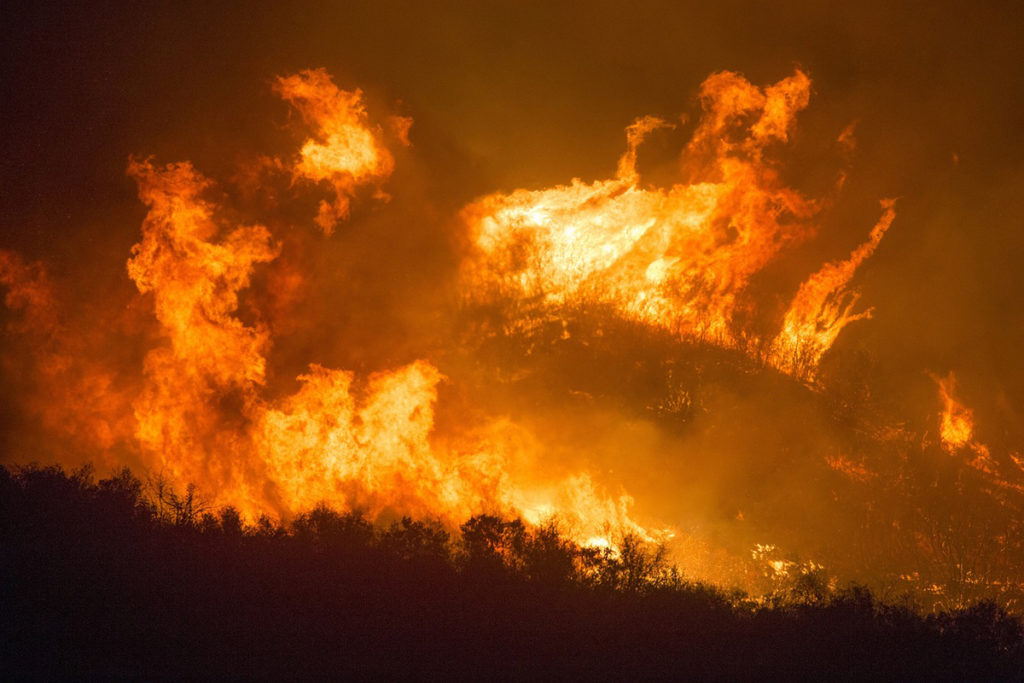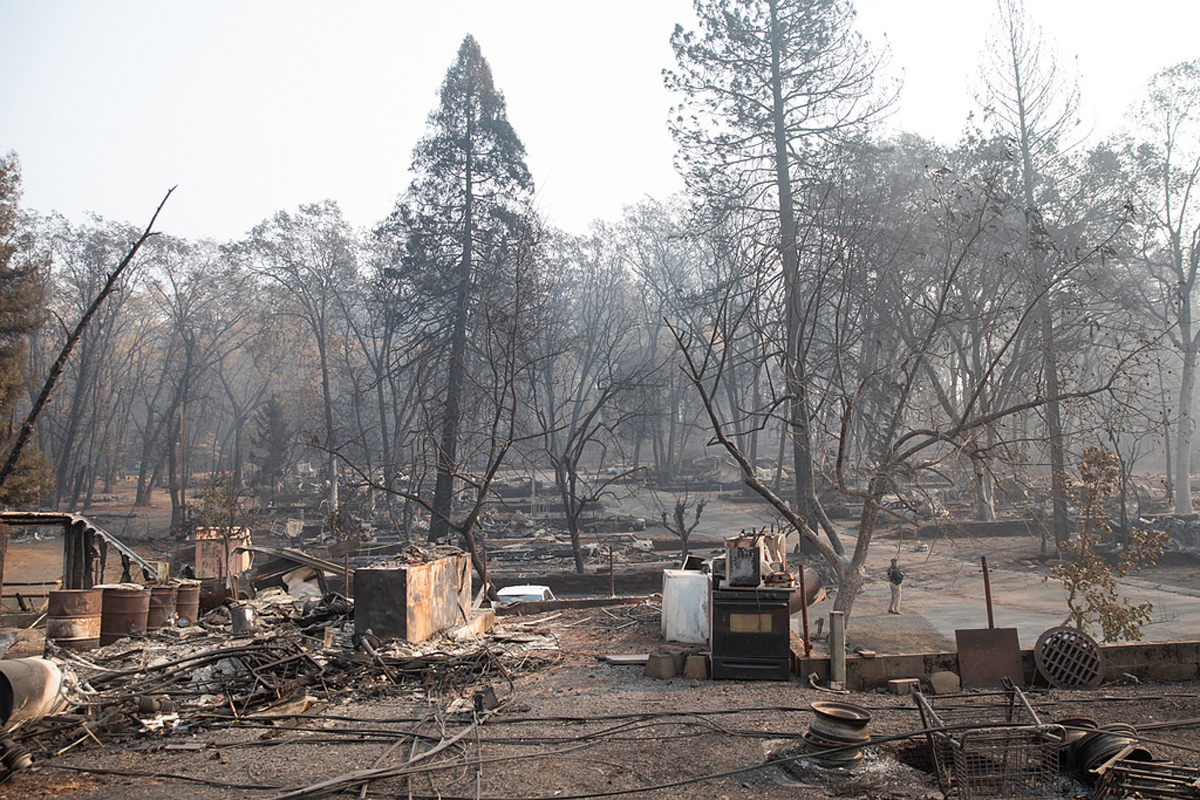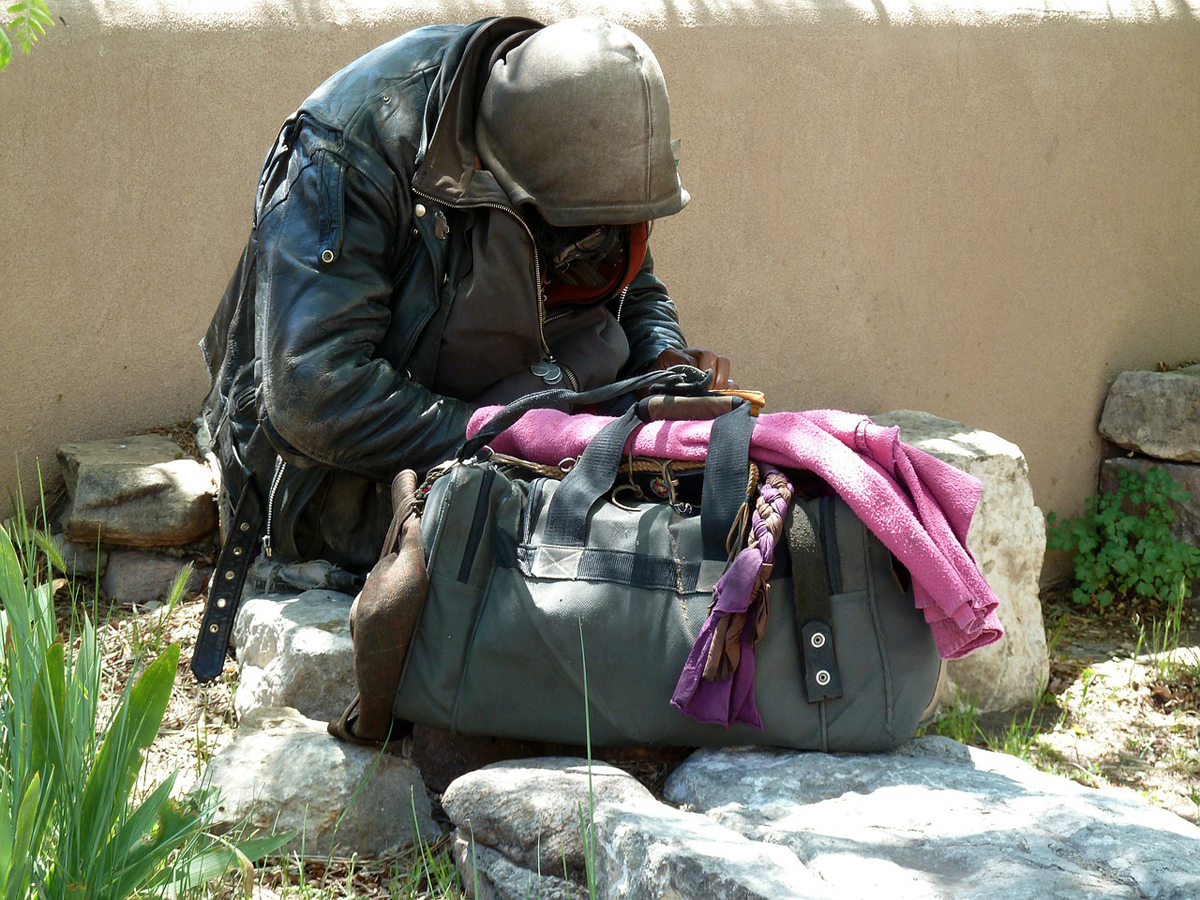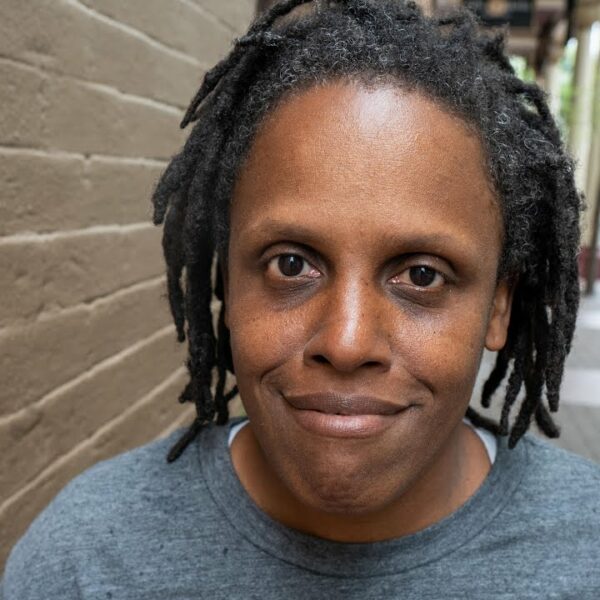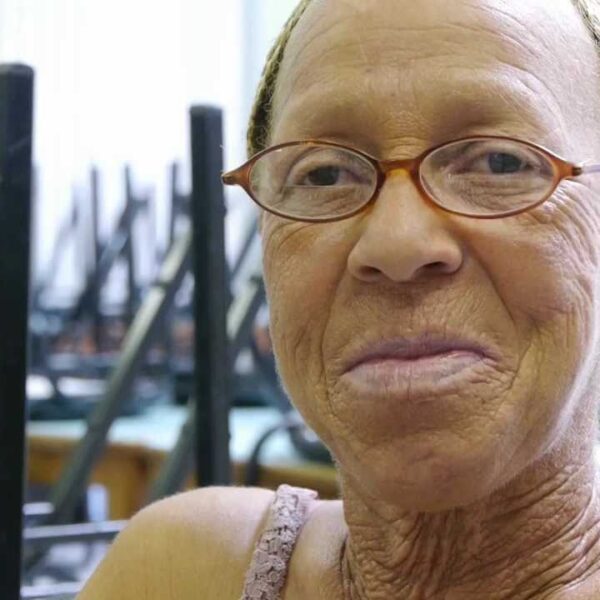Warzone.
That was the word one former Paradise, California resident used to describe the condition of his hometown in the aftermath of one of the most notorious wildfires in history. He then went on to compare the fires to explosions, happening “one right after the other” demolishing everything in their path.
A Land on Fire: Here’s What You Need to Know about California
California has long suffered the turmoil of catastrophic wildfires, but the issue used to be seasonal. Now it happens all year long. In 2018 alone, California wildfires desecrated 1,893,913 acres of land, and on that land there were houses that belonged to everyday people.
During these disasters, fatalities reached record highs as homeowners fled, leaving their belongings behind. On the road, conditions worsened and moving vehicles were set ablaze. Families who were fortunate enough to make it out of their cars alive were forced to journey through the fiery streets on foot. Many of them perished, more than 1,000 initially went missing, but still, a large majority narrowly escaped with their lives. Only their lives. While the state of California continues to burn, over 250,000 survivors have since risen from its ashes.
All of them are homeless.
One look at the before and after pictures of the little town of Paradise and it’s clear to see why former residents might compare their struggle to a war. The town has been devastated past the point of recognition. Where quaint corner stores and elementary schools once stood, there now sits little more than rubble, just enough ruin to remind us all of what we’ve lost. Sadly, Paradise is not the end of the line for California. In truth, it’s one of many recently incinerated towns and the blaze has shed some light on an even bigger problem.
California Doesn’t Have Enough Housing for Everyone
California trails behind most other states in housing supply. It was projected by the LA Times that in 2016, Los Angeles would have had to build more than 35,000 additional housing units in order to “bring costs into line with the rest of the country” and other cities like Santa Clara and San Francisco were also thousands of houses behind.
The situation has exacerbated as of 2019 and the LA Times now projects (via UCLA research) that California as a whole would have to double or triple the amount of available residential land in order to construct the 3.5 million homes needed to keep up with market demand.
Losing your home in a wildfire does not guarantee there will be another home available. In fact, finding space in a homeless shelter might even pose a bit of a problem.
California Doesn’t Have Enough Shelters for the Homeless
California maintains the highest number of homeless people in the nation and that number has risen by 14% amid the wreckage of the recent wildfires. Of all the various types of housing in the state, affordable housing is the scarcest. Many believe that the lack of affordable housing options is the reason California is home to one quarter of all homeless people in the United States.
The United States has a general shortage of available shelters, but it’s notable to point out that homeless hotspots like Los Angeles, California, rank among the lowest in number of shelters and other available homeless outreach services. We will never end homelessness without creating more affordable housing. But we also cannot let people die outside while that housing is being created. Lawmakers need to create more shelter beds that provide dignity and a path out of homelessness. To end homelessness, lawmakers priority should be fixing the affordable housing crisis.
Vilifying Homeless Wildfire Victims is a Shameful Page in California History
According to CNBC, Republican candidate Travis Allen presented a plan to mandate “statewide institutions” for the homeless. He also made it a point to cite statewide laws against vagrancy and public encampment. When asked to elaborate on his stance, he haughtily explained that institutions would be “vastly less expensive”.
Nobody’s dignity should come at a price.
Homelessness Can Happen to Anyone
The recent natural disasters California has faced have shed light on many unaddressed issues. One of the most important things they’ve taught is that homelessness can happen to anybody. Homelessness doesn’t mean you don’t have a job. 22%-25% of homeless people are working adults. It doesn’t mean you have a drug addiction. Only 26% fit this description. It certainly doesn’t mean you’re a drain on the country. Currently 40,000 homeless people are military veterans. All it really means is that you don’t have a home. And it’s likely that the situation resulted from a disaster beyond personal control.
To that end, homelessness is most comparable to the statement made by that Paradise, California survivor. It is like a series of explosions that desecrates everything. It is an unpredictable, unforeseeable calamity that’s just as difficult to get over as it is to survive.
What California Wildfire Survivors Are Going Through and How You Can Help
In addition to homelessness, displaced California wildfire survivors are also experiencing:
- PTSD brought on by the trauma of the fires, the loss of family members, the loss of their worldly possessions and the life they once knew
- Serious health complications as a result of the California air pollution and the struggle of living on the streets
- Shortage of available shelter of any kind
- Becoming targets of vilification by government leaders
- Becoming targets of theft and violence at the hands of criminals and/or fellow homeless people
- The desolate problem of homelessness can serve as a gateway to addiction, even for people who weren’t previous substance abusers. This means that homelessness can lead to addiction for people who have run out of hope.
For those in a position to help, the following organizations are dedicated to aiding homeless Californians amid the wreckage of the wildfire season:







